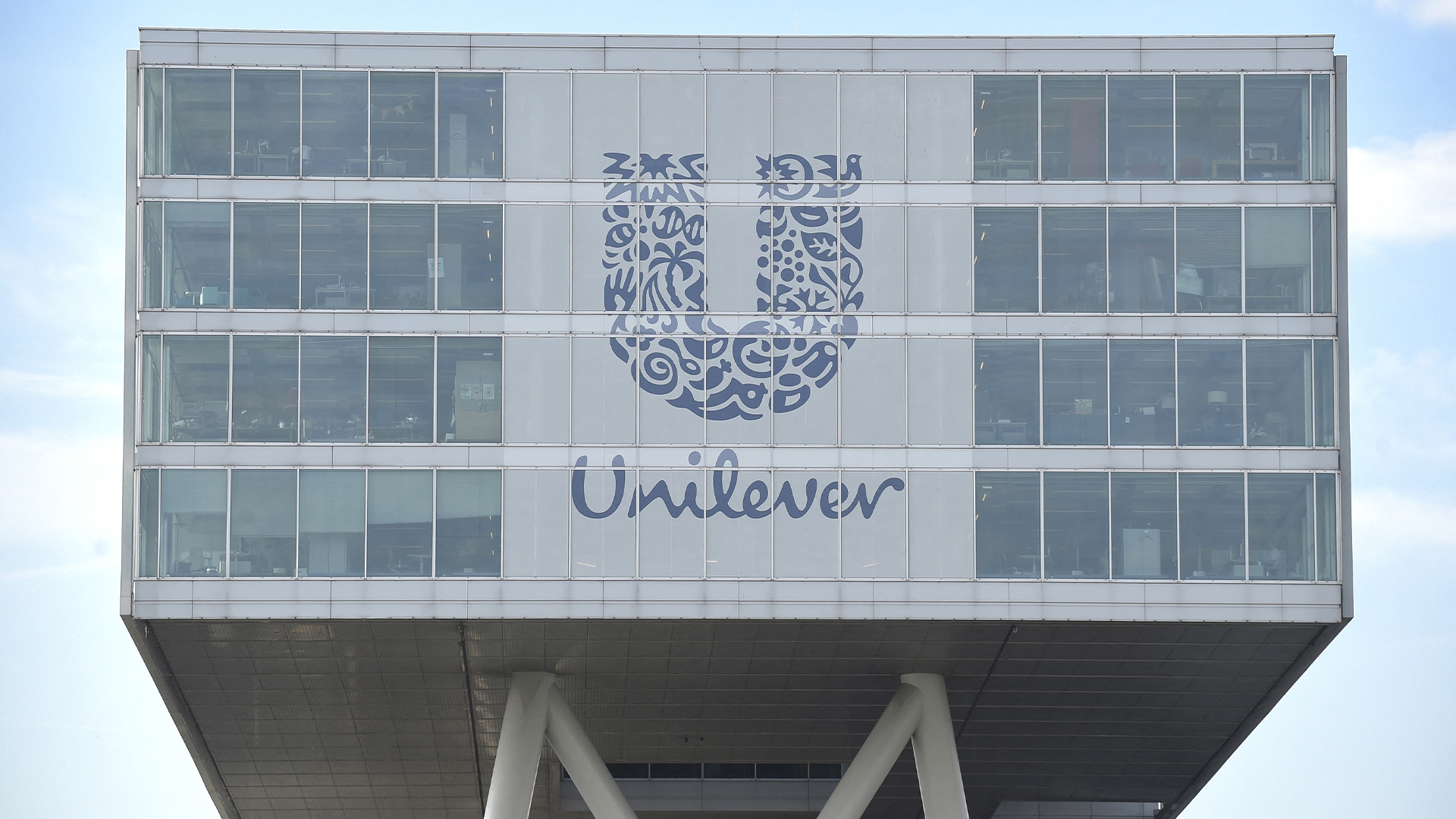Employee phishing training is working – but don’t get complacent
Educating staff on how to avoid phishing attacks can cut the rate by 80%


Sign up today and you will receive a free copy of our Future Focus 2025 report - the leading guidance on AI, cybersecurity and other IT challenges as per 700+ senior executives
You are now subscribed
Your newsletter sign-up was successful
Increased phishing training is paying dividends for enterprises, according to new research, particularly in larger enterprises.
Analysis from KnowBe4 shows awareness and resilience are improving based on what it describes as ‘Phish-prone Percentage’ (PPP) metrics. This tracks the percentage of employees likely to fall for social engineering or phishing attacks, the company said.
According to the firm’s 2025 Phishing by Industry Benchmarking Report, organizations have a baseline PPP of around a third worldwide on average - but can improve that dramatically with the right training.
Globally, PPP drops on average to 19% after three months' training, and to just 4.8% after 12 months. After a year's training, all regions achieved average improvement rates of more than 80%, with North America showing the biggest improvement at 90%, and South America a close second at 89%.
The highest baseline PPPs were found in South America at 39%, North America at 37%, and Australia and New Zealand at 37%. The most phish-prone of all were organizations with 1,000-plus employees in Australia and New Zealand, with 44.6% happily clicking on simulated phishing hyperlinks.
The most cautious, meanwhile, were organizations with fewer than 249 employees in both Asia and the United Kingdom and Ireland, where fewer than a quarter of employees clicked the links.
"The cybersecurity landscape in the UK and Ireland is rapidly evolving, driven by AI advancements, supply chain vulnerabilities, and a shift in how we view the human element in defense," said Javvad Malik, lead security awareness advocate at KnowBe4.
Sign up today and you will receive a free copy of our Future Focus 2025 report - the leading guidance on AI, cybersecurity and other IT challenges as per 700+ senior executives
"AI offers both powerful tools and new risks, while supply chain security has become a critical focus due to its interconnected nature."
In the UK and Ireland, healthcare and pharmaceuticals, consumer services, and hospitality tend to have a higher initial baseline resilience to phishing attacks, especially in the case of larger organizations.
Similarly, bigger firms often start with a higher baseline, but show more substantial improvements over time. Researchers suggested this is perhaps because they can afford more comprehensive training resources.
Notably, KnowBe4 researchers said they have observed a shift in perception, with employers increasingly seeing their staff as a crucial line of defense against cyber threats.
There's also been a move away from punitive approaches to security training, with organizations now empowering employees to make security decisions and report potential threats without the fear of being penalized.
"The biggest shift is the growing recognition of employees as an essential line of defense, with organisations now fostering a culture of cybersecurity awareness," said Malik.
"While progress is being made, it is clear from the data in the Benchmarking Report that sustained security training is essential to drive long-lasting change."
MORE FROM ITPRO
- Fake file converter tools are on the rise – here’s what you need to know
- Hackers are using this new phishing technique to bypass MFA
- Cyber scams cost businesses $1.7 million per year, claims report
Emma Woollacott is a freelance journalist writing for publications including the BBC, Private Eye, Forbes, Raconteur and specialist technology titles.
-
 Unilever taps Google Cloud to drive business transformation, 'agentic commerce' gains
Unilever taps Google Cloud to drive business transformation, 'agentic commerce' gainsNews The deal will create a new model for how consumer packaged goods brands are discovered and bought, according to Unilever
-
 Vast majority of breaches enabled by preventable gaps, says Palo Alto Networks
Vast majority of breaches enabled by preventable gaps, says Palo Alto NetworksNews Identity controls and better understanding of threat surface are key to rebuffing increasingly threatening cyber attacks
-
 Security experts warn Substack users to brace for phishing attacks after breach
Security experts warn Substack users to brace for phishing attacks after breachNews Substack CEO Christ Best confirmed the incident occurred in October 2025
-
 Google issues warning over ShinyHunters-branded vishing campaigns
Google issues warning over ShinyHunters-branded vishing campaignsNews Related groups are stealing data through voice phishing and fake credential harvesting websites
-
 Hackers are using LLMs to generate malicious JavaScript in real time – and they’re going after web browsers
Hackers are using LLMs to generate malicious JavaScript in real time – and they’re going after web browsersNews Defenders advised to use runtime behavioral analysis to detect and block malicious activity at the point of execution, directly within the browser
-
 Thousands of Microsoft Teams users are being targeted in a new phishing campaign
Thousands of Microsoft Teams users are being targeted in a new phishing campaignNews Microsoft Teams users should be on the alert, according to researchers at Check Point
-
 Microsoft warns of rising AitM phishing attacks on energy sector
Microsoft warns of rising AitM phishing attacks on energy sectorNews The campaign abused SharePoint file sharing services to deliver phishing payloads and altered inbox rules to maintain persistence
-
 LastPass issues alert as customers targeted in new phishing campaign
LastPass issues alert as customers targeted in new phishing campaignNews LastPass has urged customers to be on the alert for phishing emails amidst an ongoing scam campaign that encourages users to backup vaults.
-
 Hacked London council warns 100,000 households at risk of follow-up scams
Hacked London council warns 100,000 households at risk of follow-up scamsNews The council is warning residents they may be at increased risk of phishing scams in the wake of the cyber attack.
-
 Warning issued as surge in OAuth device code phishing leads to M365 account takeovers
Warning issued as surge in OAuth device code phishing leads to M365 account takeoversNews Successful attacks enable full M365 account access, opening the door to data theft, lateral movement, and persistent compromise
